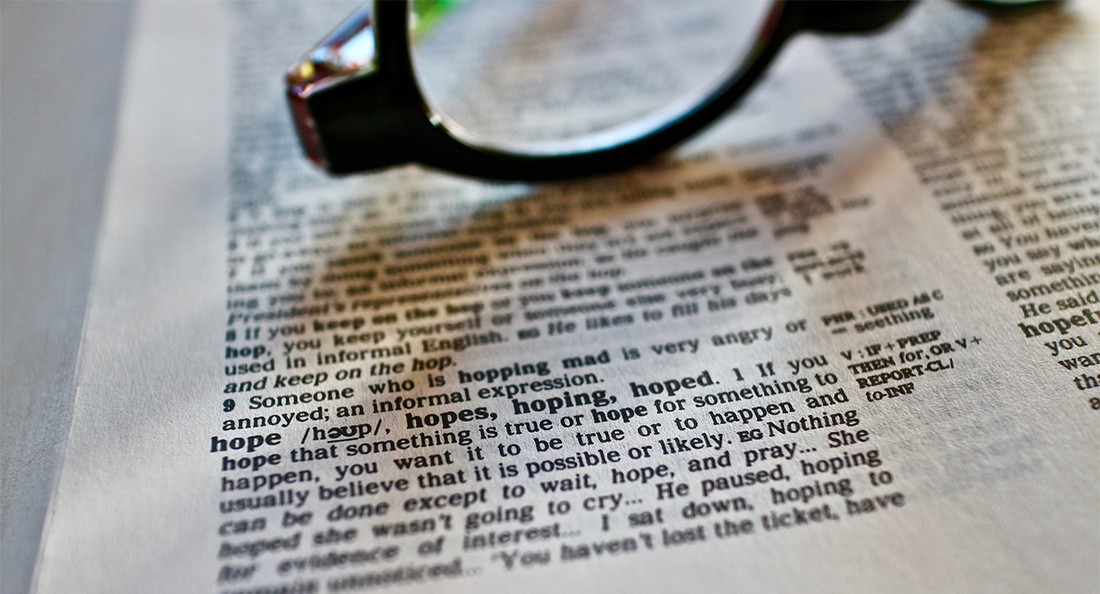In other words
Rethinking how we talk about sexual violence
It’s been years since I worked in daily news, but I still subscribe to the Winnipeg Police Service (WPS) media releases. And most mornings, I have at least one mass-emailed, anger-inducing message from the WPS. Earlier this month, the WPS reported the “in-custody death” of a 40-year-old man.
The WPS is no stranger to vague, bureaucratic language. Their use of terms like “in-custody death” and “officer-involved shooting” minimize the violence and horror of these events, especially when describing their killings of three Indigenous people in a 10-day span this April.
I’ve also noticed their disturbing habit of reducing brutal, invasive sex crimes to “serious sexual assaults.”
As Vox culture reporter Constance Grady penned in 2017, “If you want to write with any kind of accuracy about sexual violence, you have two choices: you can make your language clinical but vague, or you can make it graphic but specific.”
The WPS does neither. If anything, branding only certain attacks as “serious sexual assaults” rates them on a scale of severity. To be clear, all sexual assaults are serious.
“I’ve started to feel that I am using a language that wants to make it as difficult as possible to describe this particular kind of violence, that wants it to remain unspeakable, in the shadows, unnamed,” Grady wrote about reporting on sexual assault and harrassment allegations in Hollywood.
“It’s not that we don’t have a vocabulary for talking about sexual violence, because we do. But that vocabulary is inadequate. It is confusing and flattening in ways that make it hard to talk about sexual violence without either trivializing it, obfuscating the systems that enable it or getting so specific as to become salacious or triggering.”
Grady consciously adopted the term “sexual violence” to underscore the violent nature of these acts and include cases of sexual intimidation that don’t involve physical contact.
Similarly, Clare McGlynn and Erika Rackley developed the term “image-based sexual abuse” to better describe what is commonly known as “revenge porn.” In a separate piece for Vox, McGlynn describes listening to survivors who say the colloquially accepted term “trivializes their experiences” and “makes them feel as if they’ve done something wrong to justify an act of revenge.”
We must keep updating our language, and we also need to actually use existing terms to better talk about sexual violence. If we don’t, we’re in danger of following the WPS’ lead and only labelling certain crimes as “serious” – which is often already the case when people differentiate between rape and other violent assaults.
In her introduction to Know My Name, Chanel Miller, the woman famously known as “Emily Doe” in the Brock Turner rape case, writes:
“The FBI defines rape as any kind of penetration. But in California, rape is narrowly defined as the act of sexual intercourse. For a long time, I refrained from calling him a rapist, afraid of being corrected. Legal definitions are important. So is mine. He filled a cavity in my body with his hands. I believe he is not absolved of the title simply because he ran out of time.”
It wasn’t until I read those words in 2019 that I realized I had been raped three years prior. I knew I had been attacked, but I never felt free to claim and use that terminology. There’s power in being able to accurately define and describe what happened to you, even if you never report or speak publicly about an assault.
Klinic Community Health consciously uses both “victim” and “survivor” when defining sexual assault on its website, while acknowledging that “some people who have experienced sexual assault use neither of these terms” and that its staff tries to honour each individual’s chosen words.
It’s time for more institutions to follow their lead. Writing about sexual violence isn’t easy, but we need better words at our disposal, especially when talking about something so serious.
Danielle Doiron is a writer, editor and marketer who splits her time between Winnipeg and Philadelphia. She’s spending the pandemic reading, practising yoga and cursing out the governments in both cities she calls home.
Published in Volume 75, Number 10 of The Uniter (November 19, 2020)








